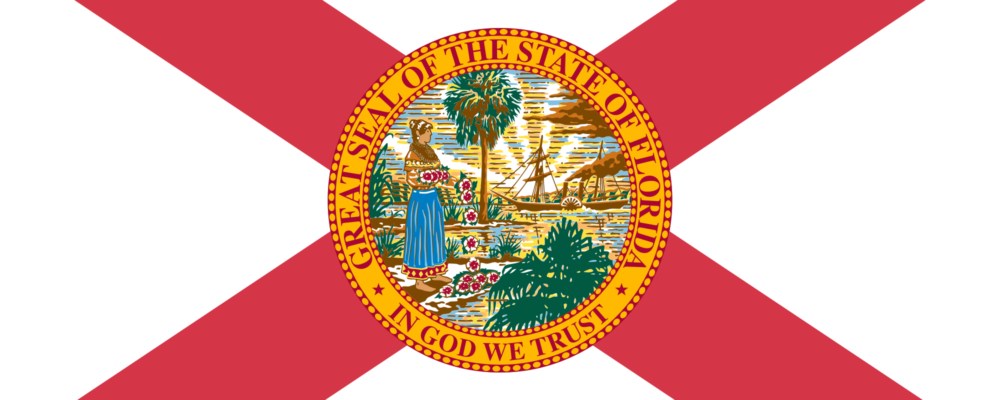Quick Hits
- The New Jersey Supreme Court invalidated an otherwise valid settlement agreement solely because the agreement contained a “non-disparagement provision,” the scope of which the court found “would bar individuals from describing an employer’s discriminatory conduct” in violation of NJLAD.
- The court held that the non-disparagement provision was broad enough to violate the NJLAD and that the defendants had used the provision to silence the plaintiff’s protected conduct.
- The court stated that “[i]n theory, parties can agree not to disparage one another by disclosing information that has nothing to do with ‘details relating to … claim[s] of discrimination, retaliation, or harassment,” but such provisions must be “narrowly drawn.”
Background
Christine Savage, who had been employed as a police officer by Neptune Township since 1998, brought an action against the township and its police department in 2013 alleging sexual discrimination, harassment, and unlawful retaliation in violation of the NJLAD. The parties settled Savage’s claims in May 2014, but in April 2016, Savage filed a second complaint alleging continuing sex discrimination and harassment, and retaliation. On July 23, 2020, the parties executed a second settlement agreement and general release that included a broadly worded mutual non-disparagement provision barring all parties from making “any statements written or verbal … regarding the past behavior of the parties, which statements would tend to disparage or impugn the reputation of any party.”
The Appellate Division’s Decision
As we previously reported, in September 2020, the township and police department filed a motion to enforce the settlement agreement from July 2020, arguing that Savage had violated the non-disparagement provision during a television news interview in which she made comments about the township and police department, such as “[Y]ou abused me, you abused me for about 8 years”; “I’m being financially choked out”; and “It has not changed, not for a minute. It’s not gonna change, it’s the good ol’ boy system,” among others. The trial judge granted the motion, but Savage appealed, arguing that the non-disparagement provision, as written, violated Section 12.8 of the NJLAD. Section 12.8 provides that a provision which “has the purpose or effect of concealing the details relating to a claim of discrimination, retaliation, or harassment” under the NJLAD is “against public policy and unenforceable.”
On May 31, 2022, the Appellate Division reversed the trial court, finding that, although the non-disparagement provision was enforceable, the trial judge had erred in finding that Savage violated the terms of the provision during the televised interview. In so holding, the Appellate Division relied on the explicit language of Section 12.8, which mentions only “non-disclosure provisions,” and says nothing about non-disparagement provisions.
The Supreme Court Reverses the Decision
The Supreme Court of New Jersey reversed the Appellate Division’s decision, finding that the non-disparagement provision was broad enough to violate the NJLAD and that the defendants had used the provision to silence Savage’s protected conduct. The court found that the non-disparagement provision “uses expansive language that encompasses speech about claims of discrimination, retaliation, and harassment,” and that “[t]o accuse someone of misconduct is to disparage them.” Thus, the court held that the provision’s broad language necessarily included speech protected by Section 12.8.
Notably, however, the court emphasized that “[i]n theory, parties can agree not to disparage one another by disclosing information that has nothing to do with ‘details relating to . . . claim[s] of discrimination, retaliation, or harassment.’” But the court cautioned that such provisions would need to be “narrowly drawn to ensure that details relating to the claims listed in section 12.8 could be revealed publicly.”
Even so, the court was clear that its decision applies to any provision in an employment or settlement agreement that has the purpose or effect of concealing the details relating to a claim of discrimination, retaliation, or harassment under the NJLAD, regardless of its title.
Ogletree Deakins’ Morristown office and Unfair Competition and Trade Secrets Practice Group will continue to monitor developments and will post updates on the New Jersey and Unfair Competition and Trade Secrets blogs as additional information becomes available.
Follow and Subscribe
LinkedIn | Instagram | Webinars | Podcasts
“Ogletree Deakins has experienced professionals in all areas of labour and employment law who provide efficient, client-focused service. We represent employers of all industries and sizes, from small businesses to Fortune 50 companies.”
Please visit the firm link to site






